US Govt Funding Brutal War On Drugs In The Phillipines
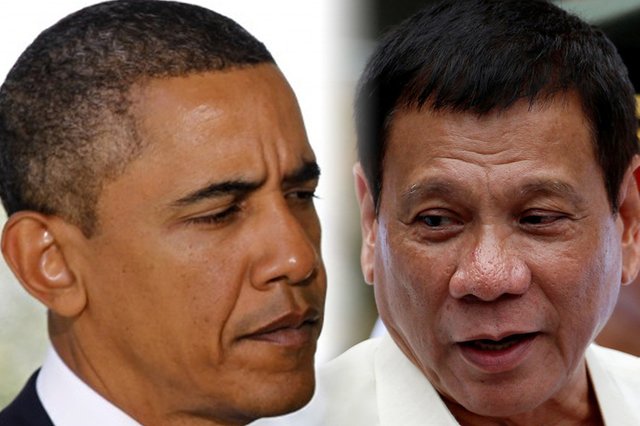
Filipino President Rodrigo Duterte, nicknamed "The Punisher", has been in power for only 2 months but the death count from his highly controversial war on drugs has already reached a staggering 2,000 people. According to the Associated Press a further 600,000 civilians hoping to avoid extrajudicial killings carried out by death squads and vigilantes in the dead of the night have handed themselves into authorities.
Previously, as the Mayor of Davao City, Rodrigo Duterte imposed a ruthless campaign against drug dealers that was widely condemned by human right's groups. In 2015 he confirmed his ties to the executions and death squads saying that if he were elected 100,000 criminals could be killed during his presidency. Mr. Duterte continues to foster an inhumane mentality of lawlessness and brutality that has allowed a culture of vigilantism to fester without retribution. There is a chance of him facing up to an international court for his crimes.
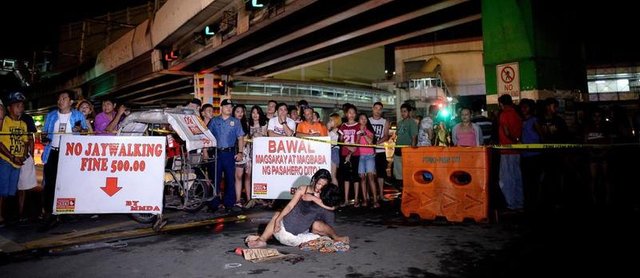
A victim of the war on drugs in the Phillipines.
Recently White House officials promised the Filipino government $32 million to help continue the insidious war on drug users and distributors. Although their government is largely guilty of it themselves, the US is a stickler for criticising governments who kill or maim their own citizens based on race, creed or religion. On the other hand they seem far less willing to erupt international outcry or impose sanctions when these killings play a part in the US-led global war on drugs.
Despite condemnation from The State Department imploring the Filipino government to stick to internationally recognised human right's laws the US will still be supporting this campaign through funding of law enforcement. President Obama is still set to visit the Phillipines next week to smooth relations over, despite President Duterte calling the US ambassador a "gay son of a whore".
Earlier this year it was announced that the US military would be opening 5 new military bases in the Phillipines in a move that has inflamed tensions with China. US interest in the Phillipines goes way back to 1898 when the American government was hellbent on projecting their naval superiority by invading island states and building military bases there.
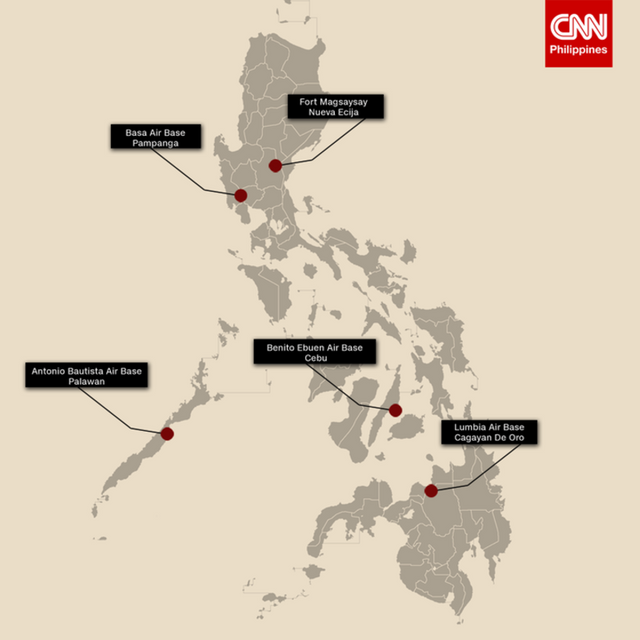
New US military installations in the Phillipines.
During this period in history the Phillipines and Cuba were controlled by Spain. In 1898 the Spanish-American War broke out in retaliation to the explosion of the USS Maine that was stationed in Cuba to keep an eye on American business interests. Later as a result of the Rickover Investigation in 1974 it was found that the ship likely met its demise due to spontaneous combustion of coal in the bunker.
It has been widely speculated that the USS Maine incident was a false flag operation orchestrated by the US to spark a war that was desired by powerful people like New York Journal owner William Randolph Hearst who was also one of the founding fathers of yellow journalism. Much of the war rhetoric in the US during this time was about freeing colonies but that's certainly not what happened when the Americans acquired the Phillipines from the Spanish.
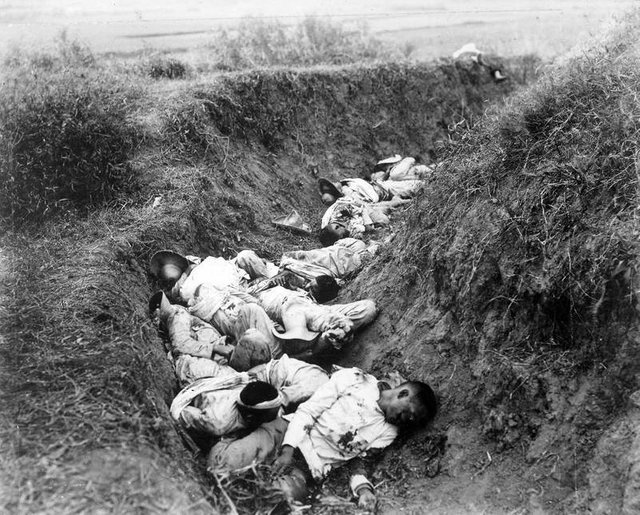
Filipino casualties on the first day of the American-Philippine War
Undeterred by nationalist movements the US controlled the Phillipines until 1946. However, they didn't relinquish their military bases, these installations ended up playing a huge role for American interests in the Korean and Vietnam War as well as any subsequent operations in South-East Asia. Animosity grew for the American presence over time due to strong anti-colonial ideals and growing concern over the large red light districts that grew around bases.
The US left it behind in 1991 because of devastating natural disasters that left massive damage to the bases, at the same time the Filipino Senate also blocked an agreement to build anymore military installations. But after 9/11, the government bought in US forces to help combat an insurgency that had ties to al-Qaeda in the southern parts of the Phillipines. Due to perceived Chinese aggression and the announcement of President Obama's 'pivot to Asia' policy American-Filipino military relations were renewed and in 2012 the US was granted access to their military bases again.
Political relations have stopped the US from "standing up" to tyrants and repressive regimes in the past. Recently Saudi Arabia threatened to sell billions of dollars in US assets if classified documents were released that showed Saudi involvement in 9/11. The gulf country is the centre of numerous human rights abuses and similarly to the US there's plenty of evidence available to suggest their government has funded and armed dangerous militia groups in the Middle East.
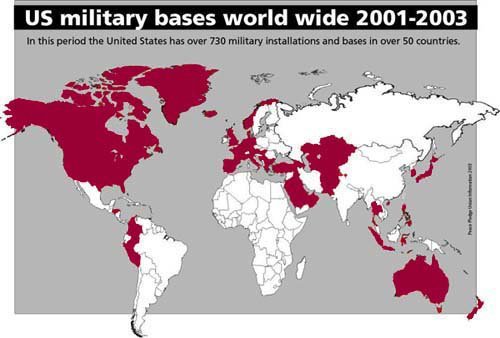
Despite the facts and public opinion Saudi Arabia remains the US' strongest ally in Middle East along with Israel who infamously killed 34 US crew members during the USS Liberty incident in 1967. However, Israel still receives substantial aid from the US despite their occupation of Palestinian territories and abuse of human rights e.g. blocking clean water.
The United States doesn't pay no mind to who's breaking international law if American military and business interests are strong in the region. It's a gross practice that has led to countless complications in the geopolitical sphere when dealing with sensitive issues. As long as your interests align with that of the US you can do anything but invade the US or a closer ally.
"There is a chance of him facing up to an international court for his crimes."
I really hope he hangs. He is a murdering dictator and I'm certain this is just the beginning. Journalists are murdered there as well.
It's sad to see that so many Filipinos believe in the gunslinger archetype, the hero who is going to come in and kill all the bad guys and save the day.
If history tells us anything Duterte isn't the end of their problems, he is the just the beginning.
Absolutely correct.
Thank You For Posting This
Alot of News In Usa Do Not Report
This Kind Of Stuff Very Well
Steemon!!!